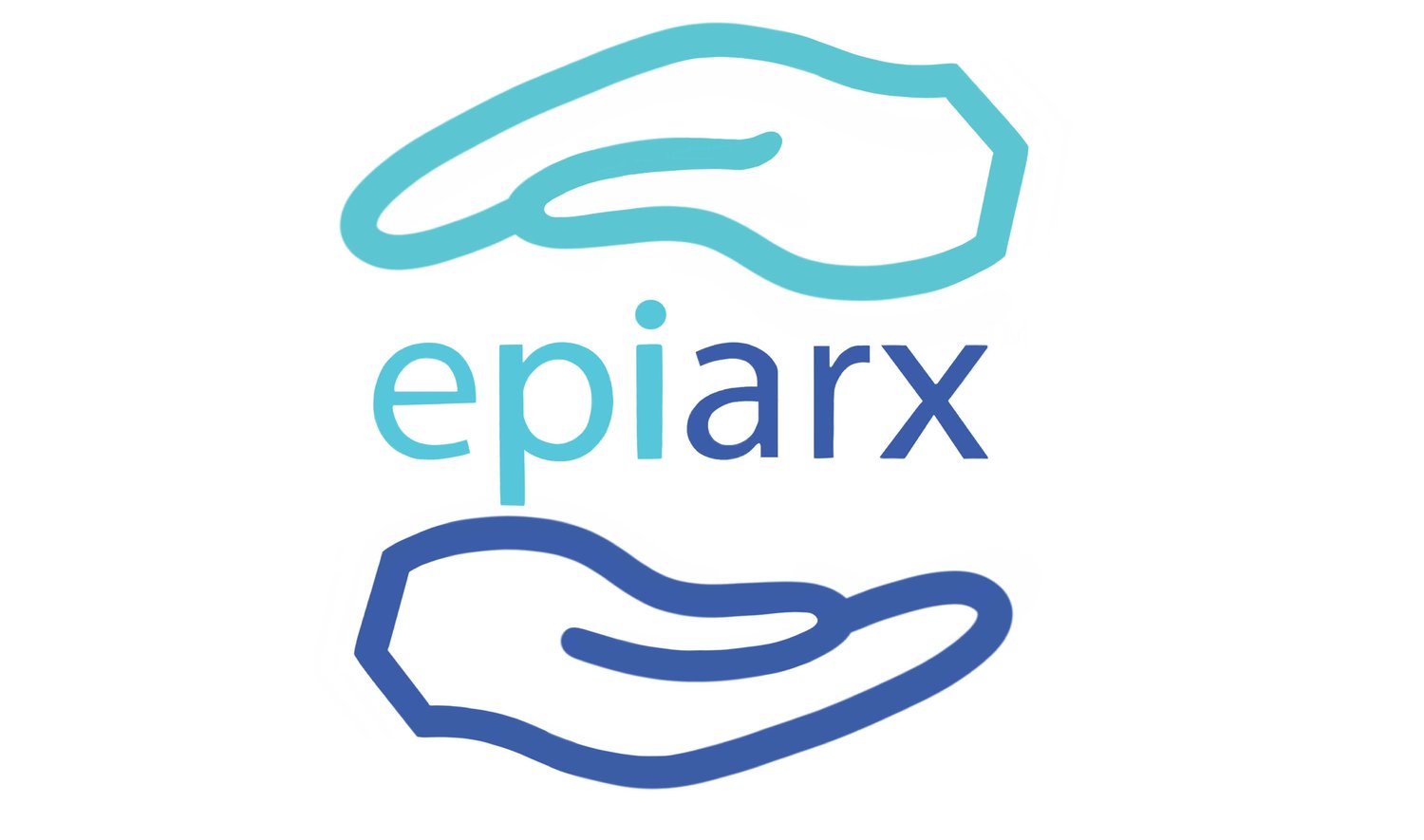What Happens During an Autopsy?
A Compassionate Guide for Funeral Directors
"Every family deserves answers.”
When a loved one passes unexpectedly, families are often left with lingering questions. An autopsy can provide those answers, offering clarity, closure, and even life-saving insight for surviving relatives. As a funeral director, you are in a unique position to guide families through this decision. That starts with understanding the autopsy process and dispelling common fears.
The Purpose of an Autopsy
An autopsy is a thorough medical examination of the body after death. It’s performed by a board-certified pathologist to:
Determine the cause and manner of death
Identify underlying medical conditions (like undiagnosed cancer or heart disease)
Collect medical evidence in legal cases
Support research and family health history
There are two types:
Forensic Autopsy: Required in legal cases, such as accidents or suspected homicide.
Clinical Autopsy: Requested by families to better understand natural, sudden, or unclear deaths (e.g., heart attacks, post-surgical complications).
What Happens During an Autopsy?
Autopsies are performed with professionalism, care, and respect. The process includes:
External Examination: Reviewing physical characteristics and visible injuries.
Internal Examination: Inspecting internal organs (chest, abdomen, brain, etc.).
Tissue Collection: Taking small samples for lab analysis, including possible toxicology or genetic testing.
Documentation: Findings are recorded in detailed medical reports and diagrams.
At EPIARX our procedures are completed within 24–48 hours, ensuring minimal disruption to funeral arrangements.
Common Questions Families Ask, and How to Answer Them
Why is an autopsy necessary? “To understand the cause of death or uncover any undiagnosed conditions that might affect your family’s future health.”
Will it affect the funeral? “We coordinate directly with the funeral home to complete the autopsy within 1–2 days and preserve the body’s appearance.”
Who performs it? “A certified pathologist who treats your loved one with the utmost dignity and care.”
Can I request specific tests? “Yes, toxicology, genetic screening, and organ-specific testing are available.”
What’s the cost? “EPIARX provides transparent pricing and helps families understand their options with compassion.”
Will the autopsy report be shared with us, and how long does it take to receive it? “Yes, the legal next of kin will receive the report. Preliminary results are available in 1–2 days; the full report typically takes 30–60 days.”
The Role of the Funeral Director: You Are a Bridge to Clarity
Your presence during a time of loss is critical. When you offer accurate, compassionate information about autopsies, you empower families to make decisions they won’t regret later.
At EPIARX, we partner closely with funeral homes to:
Ensure fast, respectful procedures
Coordinate logistics seamlessly
Provide educational materials for your staff and families
Answer questions with medical authority and empathy
EPIARX’s Commitment to Families
Autopsies are more than a medical procedure; they are a final act of care. Whether seeking closure, uncovering genetic risks, or correcting the record, families trust us to deliver answers with integrity.
Let’s work together to make sure no family walks away without the truth they deserve.
Ready to Learn More or Refer a Family?
We are here to support you. Call us today!
📞 (202) 795-7109 (East Coast)
📞 (415) 365-0040 (West Coast)


